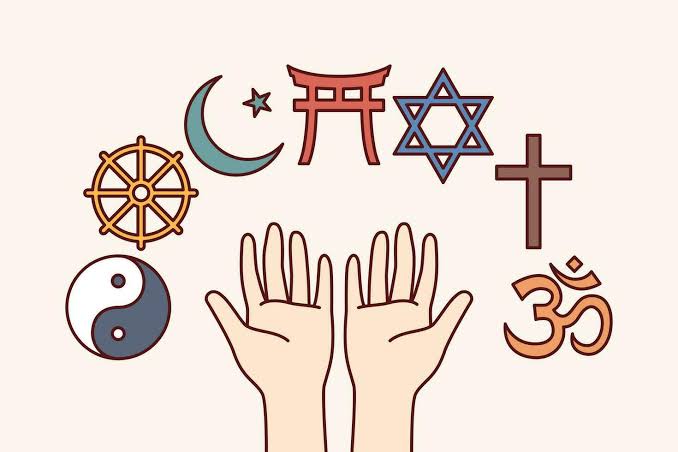By: Baba Isimi PhD
Throughout human history, great world religions have never emerged in isolation from the societies that birthed them. They have always been deeply intertwined with the national consciousness, imperial ambitions, and cultural identities of their founding civilizations. Christianity grew from Jewish nationalism and the ethos of ancient Israel before being adopted and reshaped by the Roman Empire to serve as the spiritual glue binding its vast territories into what would become Western civilization. Islam arose from the Arabian Peninsula’s need to unify warring tribes under a common identity, eventually forging an imperial consciousness that stretched from Spain to India.
In the East, Hinduism and Buddhism were never merely abstract philosophies but living systems deeply rooted in the civilizational ethos of India. When Buddhism traveled to China and Japan, it was deliberately adapted to serve those nations’ unique cultural and political needs, becoming an instrument of state cohesion rather than remaining an alien import. This pattern holds true across human history – religion flourishes when it aligns with and reinforces a people’s collective identity and national purpose.
Nigeria presents a tragic departure from this historical norm. Here, our two dominant religions operate largely untethered from any unifying national vision. Christianity and Islam in Nigeria have become personal enterprises rather than national institutions, serving individual ambitions more than collective aspirations. This fundamental disconnect has transformed what should be forces for unity into instruments of division.
We see the consequences everywhere. Religious leaders build personal empires while their followers remain in poverty. Places of worship multiply while national infrastructure decays. Sermons that should inspire unity instead fuel suspicion between communities. The very institutions that could bind our nation together are instead deepening its fractures.
This need not be our destiny. If we learn from history, we see that religions achieve their highest purpose when consciously aligned with national development. China domesticated Buddhism to serve its civilizational needs. Medieval Europe harnessed Christianity to build cohesive societies. The early Islamic caliphates used religion to administer vast, diverse empires with remarkable efficiency.
Nigeria must reclaim this wisdom. Our religious institutions should be consciously engaged as partners in national development. Government must provide the framework for faith to serve the nation, not undermine it. We need policies that encourage interfaith collaboration on national priorities while curbing the excesses of religious commercialization. Most importantly, we must cultivate a national consciousness where being a good Christian or Muslim means first being a patriotic Nigerian.
The alternative is too dire to contemplate – a nation perpetually divided against itself, where religion becomes just another wedge driving us apart rather than the bridge that brings us together. History shows us the way forward. We must have the courage to take it.






